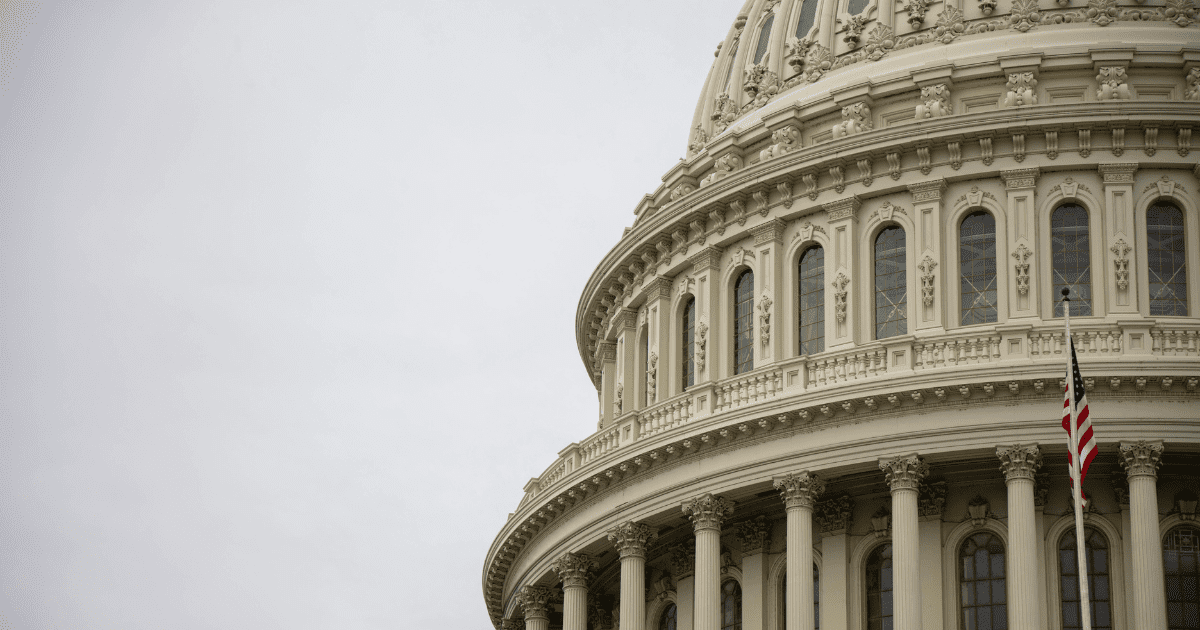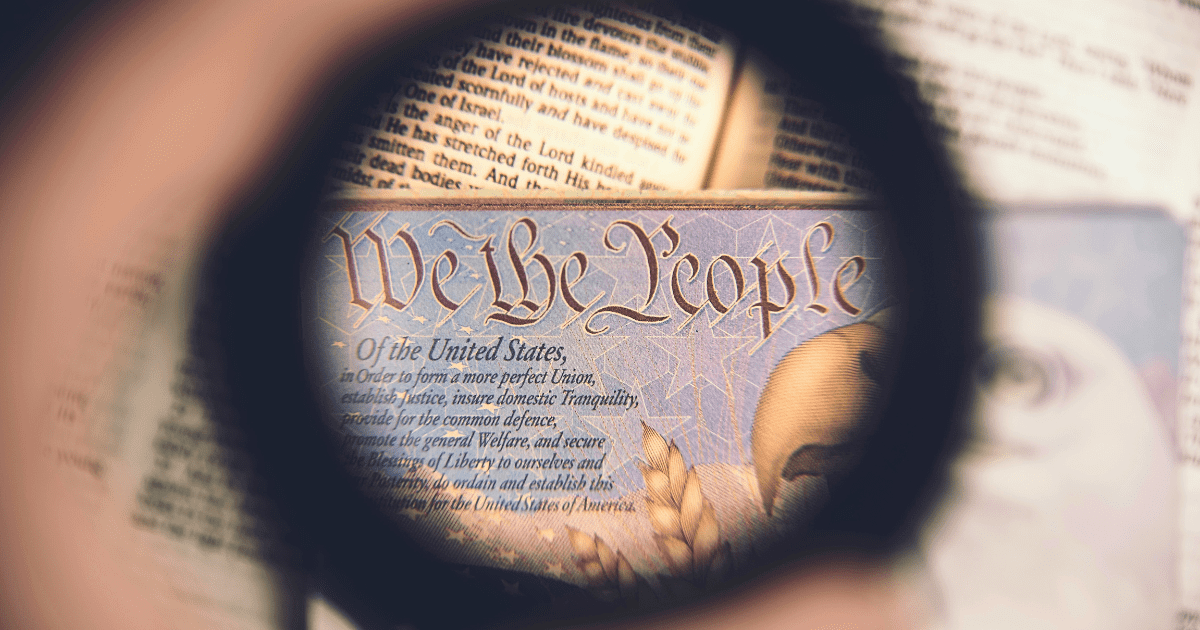By Regina Piazza
What is one thing public education and home education have in common? The obvious answer would be…education. However, as we see in Vladimir Lenin’s ominous promise to, “Give me just one generation of youth, and I’ll transform the whole world,” perhaps transformation is the true common denominator, as transformation is always the goal of education. Therefore, at the heart of the question of whom we trust to educate our children lies the bigger question of whom we trust to transform our world.
Education in America is Eroding
Four decades ago, Former President Ronald Reagan illuminated the outcome of trusting the declining public school systems in his 1983 report titled A Nation at Risk:
“Our Nation is at risk. Our once unchallenged preeminence in commerce, industry, science, and technological innovation is being overtaken by competitors throughout the world. This report is concerned with only one of the many causes and dimensions of the problem, but it is the one that undergirds American prosperity, security, and civility. We report to the American people that while we can take justifiable pride in what our schools and colleges have historically accomplished and contributed to the United States and the well-being of its people, the educational foundations of our society are presently being eroded by a rising tide of mediocrity that threatens our very future as a Nation and a people…
If an unfriendly foreign power had attempted to impose on America the mediocre educational performance that exists today, we might well have viewed it as an act of war. As it stands, we have allowed this to happen to ourselves….
Our concern, however, goes well beyond matters such as industry and commerce [i.e., STEM & College and Career Ready]. It also includes the intellectual, moral, and spiritual strengths of our people which knit together the very fabric of our society.”
Are We Embracing Socialism?
Marion Smith, Executive Director of the Victims of Communism Memorial Foundation, states, “When one in four Americans want to eliminate capitalism and embrace socialism, we know that we have failed to educate about the historical and moral failings of these ideologies.” This startling statistic is widely evident in the government-controlled school systems’ promotion of Critical Race Theory (CRT), Social Emotional Learning (SEL), Diversity Equity and Inclusion (DEI), and LGBTQ++ coercion, where children are deceitfully maneuvered from parental teaching to State indoctrination.
At the heart of the question of whom we trust to educate our children lies the bigger
question of whom we trust to transform our world.
Undeniably, a parent is charged to “Train up a child in the way he should go, and when he is old, he will not depart from it.”(Proverbs 22:6 NKJV) However, in an act of calculated division, totalitarians such as Hitler, Lenin, and Mao have used this Proverb in their attempts to eradicate the family and shape the minds of the upcoming generation with the intent to, in those infamous words of Lenin, “…transform the whole world.” This exceedingly conspicuous tactic is front and center throughout America today. It has been clearly spelled out in Sustainable Development Goal (SDG) #4 of the United Nations Agenda 2030, with which the United States has cooperated:
“Our vision is to transform lives through education, recognizing the important role of education as a main driver of development and in achieving the other proposed SDGs. We commit with a sense of urgency to a single, renewed education agenda that is holistic, ambitious, and aspirational, leaving no one behind. This new vision is fully captured by the proposed SDG 4 ‘Ensure inclusive and equitable quality education and promote lifelong learning opportunities for all’ and its corresponding targets. It is transformative and universal, attends to the ‘unfinished business’ of the EFA [Education For All] agenda and the education-related MDGs [Millennium Development Goals], and addresses global and national education challenges. It is inspired by a humanistic vision of education and development based on human rights and dignity; social justice; inclusion; protection; cultural, linguistic, and ethnic diversity; and shared responsibility and accountability.”1
Is the intent of this agenda not clearly stated—“to transform lives” through global state control of education and the Marxist indoctrination of children?
The Family is The Solution
This agenda is in stark contrast to American parents’ unique success in cultivating a firm foundation of freedom in our nation, even before the development of our Constitution. Historically, American families have worked, worshiped, and educated while being undergirded with the self-evident truth that sacrifice over self-service and self-governance over government restraint cultivates freedom, yet our modern families continue to succumb to the subtle and consistent conditioning toward the UN’s divisive preference to bring all schools under government control.
Now, more than any time in our Nation’s history, is the time for parents to boldly and courageously assert our inherent responsibility to direct the upbringing and education of our children and vehemently reject the UN report’s claim that “the State remains the duty bearer of education as a public good.”2
Now is the time for families to awaken from their self-imposed financial slumber, revive atrophied personal civic responsibilities, recalibrate family priorities, and recapture their God-given right to educate, by exiting the institutions of indoctrination—the government-controlled K-12 schooling systems.
Now is the time for families to cultivate and practice ownership and discipline with the honorable motive of self-governance and freedom.
“The family has always been the cornerstone of American society.
President Ronald Reagan
Our families nurture, preserve, and pass on to each succeeding generation the values
we share and cherish, values that are the foundation of our freedoms.”
Kevin Roberts, President of the Heritage Foundation, states, “If a nation takes on the character of its people, then our classrooms are ultimately about the formation of citizens and souls.’’ Family is the best classroom—not government, entitlements, or vouchers.
Family necessitates devotion to one another, to our work, and to our inheritance.
Family promotes time-honored values, protects the dignity of life and marriage, and is the most trustworthy institution in civilization.
Family teaches that work is worship, and you must pay your own way—freedom’s prerequisites.
Ronald Reagan once said, “The family has always been the cornerstone of American society. Our families nurture, preserve, and pass on to each succeeding generation the values we share and cherish, values that are the foundation of our freedoms.”
Through devotion, sacrifice, and commitment, the family establishes, inculcates, and maintains freedom. Families, therefore, are incomparable educators and the trustworthy remnant to guarantee that enduring transformation occurs in the world.
Check out these other blogs on family and education.

Regina Piazza is a 13-year home educator with Classical Conversations® and has held multiple roles including Tutor, Director, and Support Representative. She is a former Air Force veteran and two-time business owner who ran for Florida State Senate for the first time in 2022. She is currently working to preserve education and religious freedom as the Florida State Advocate for Classical Conversations.
To hear more from Regina, check out Episode 24 of our podcast, Refining Rhetoric, “Why a Homeschool Mom Ran for Senate with Regina Piazza.”
- Education 2030: Incheon Declaration and Framework for Action for the implementation of Sustainable Development Goal 4: Ensure inclusive and equitable quality education and promote lifelong learning opportunities for all. (2016). Accessed 5/9/2024. https://unesdoc.unesco.org/ark:/48223/pf0000245656
- Zancajo, Adrián & Fontdevila, Clara & Verger, Antoni & Bonal, Xavier. (2021). Regulating Public-Private Partnerships, governing non-state schools: An equity perspective. 10.13140/RG.2.2.16374.93760. Accessed 5/9/2024. https://www.researchgate.net/publication/356915329_Regulating_Public-Private_Partnerships_governing_non-state_schools_An_equity_perspective





